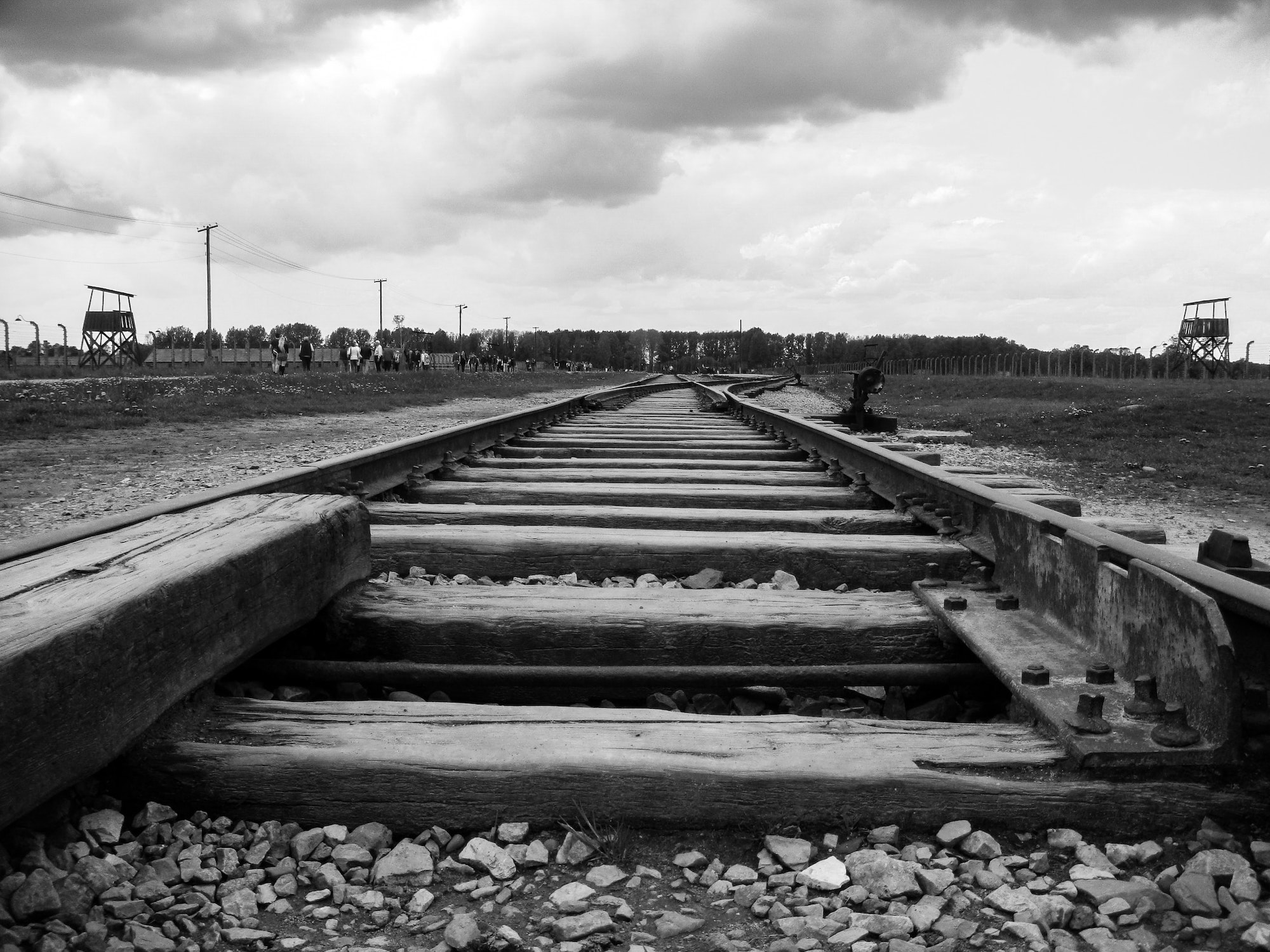When news of Putin’s war first began to come out, I reached out to my financial advisor to make sure I wasn’t directly or indirectly invested in anything that extends to Russia. At the time, it felt like the simplest thing I could do to show solidarity with Ukraine. But it turns out that small action holds far more weight than I first realized.
Today I had an opportunity to go to the Holocaust Museum and sit in on a timely presentation about how German private businesses handled ethical decisions during the 1930s and 1940s. The presenter gave two examples of two companies that in 1933 had no Nazis in their ranks, and by 1943 were fully involved in the German war machine. A question was posed: how did educated, worldly, business executives with Jews on their boards and executive teams, go from no Nazi involvement in 1933 to literally making gas for the gas chambers within 10 years?
The answer was gradually. The justification to work with the Nazi regime started by the boards looking out for “the good of the organization” or “what’s best for our employees/clients” or, justifying that their “exposure is limited, we will see where this goes”. Eventually, decisions became much more sinister when it was deemed “unproductive” or “bad for business” to go against the momentum of the Nazis. In fact, minutes from board meetings during that time reflect a need to be “patriotic” and support the troops. That led to manufacturing contracts with the regime and expulsion of Jews from the leadership ranks as a condition of those contracts. Eventually, the companies were too deep to turn around and were making gas.
We discussed today that Putin is not Hitler, and the two situations are not the same, but there are dark parallels we’re all seeing play out today. And no one knows where this is going to go next.
I illustrate all of this only because it seems we will all be faced with some difficult decisions ahead. A great resource I like, by the way, for historical context is Ray Dalio. If you haven’t already, I recommend you give his recent LinkedIn post a read.
It seems to me the question isn’t if Russian exposure is acceptable, but when it is not.


